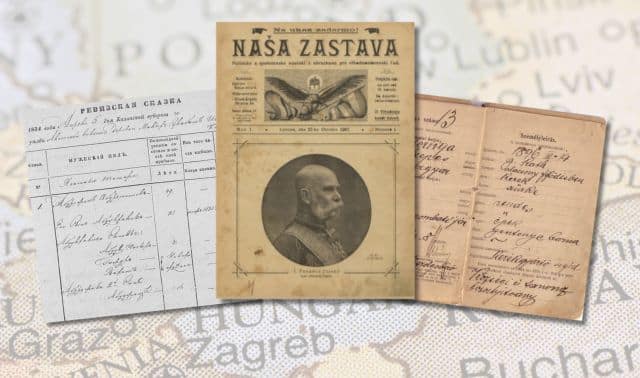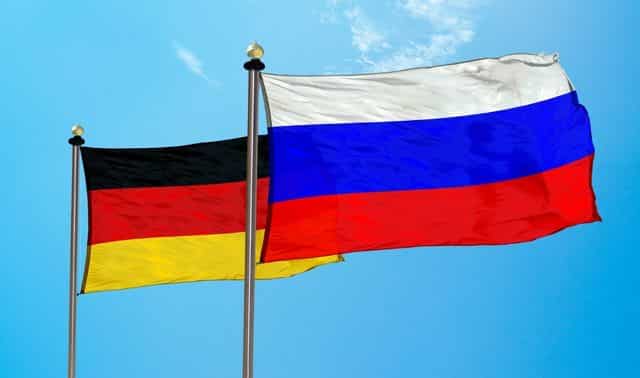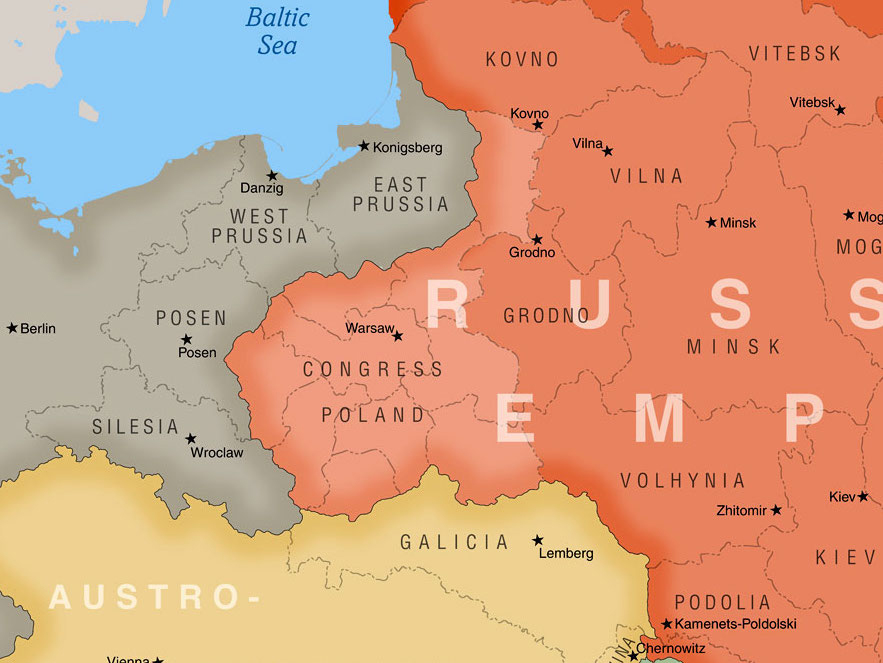Q. The 1930 census lists my great-grandfather’s birthplace as Poland. His WWII draft card says he was born in Zaivilizyn, Russia. What gives?
A. Conflicting birthplace information is a common stumbling block, especially with Eastern European ancestors. You’ll need to consider geographical and political changes that took place in your great-grandfather’s homeland.
For instance, Poland’s powerful neighbors—Russia, Prussia and Austria—carried out the Three Partitions of Poland in 1772, 1793 and 1795. Following World War I, Poland gained independence only to lose it again during World War II to Russian and German offenses. So you’ll want to begin by familiarizing yourself with the area’s history and geography.
Next, seek out other documents that may list your great-grandfather’s birthplace, such as immigration and naturalization records and church records.
The town listed as your ancestor’s birthplace could be in an area of Poland that was under Russian control during World War II or formerly part of the Russian Partition. Because the Russian Empire was so huge and ethnic Poles lived all over the place, however, the village might be in modern-day Lithuania, Latvia, Belarus or Ukraine rather than Poland.
Check both contemporary and historical atlases, maps and gazetteers, as jurisdictions in border areas have changed frequently over the last two centuries. You can find maps in The Palgrave Concise Historical Atlas of Eastern Europe (Palgrave Macmillan, $19.95) and at JewishGen’s ShtetlSeeker and the Federation of East European Family History Societies’ map room. Look for gazetteers (geographical dictionaries) on microfilm at the Family History Library, major public libraries and EastEuroGenWeb.
From the March 2008 Family Tree Magazine




